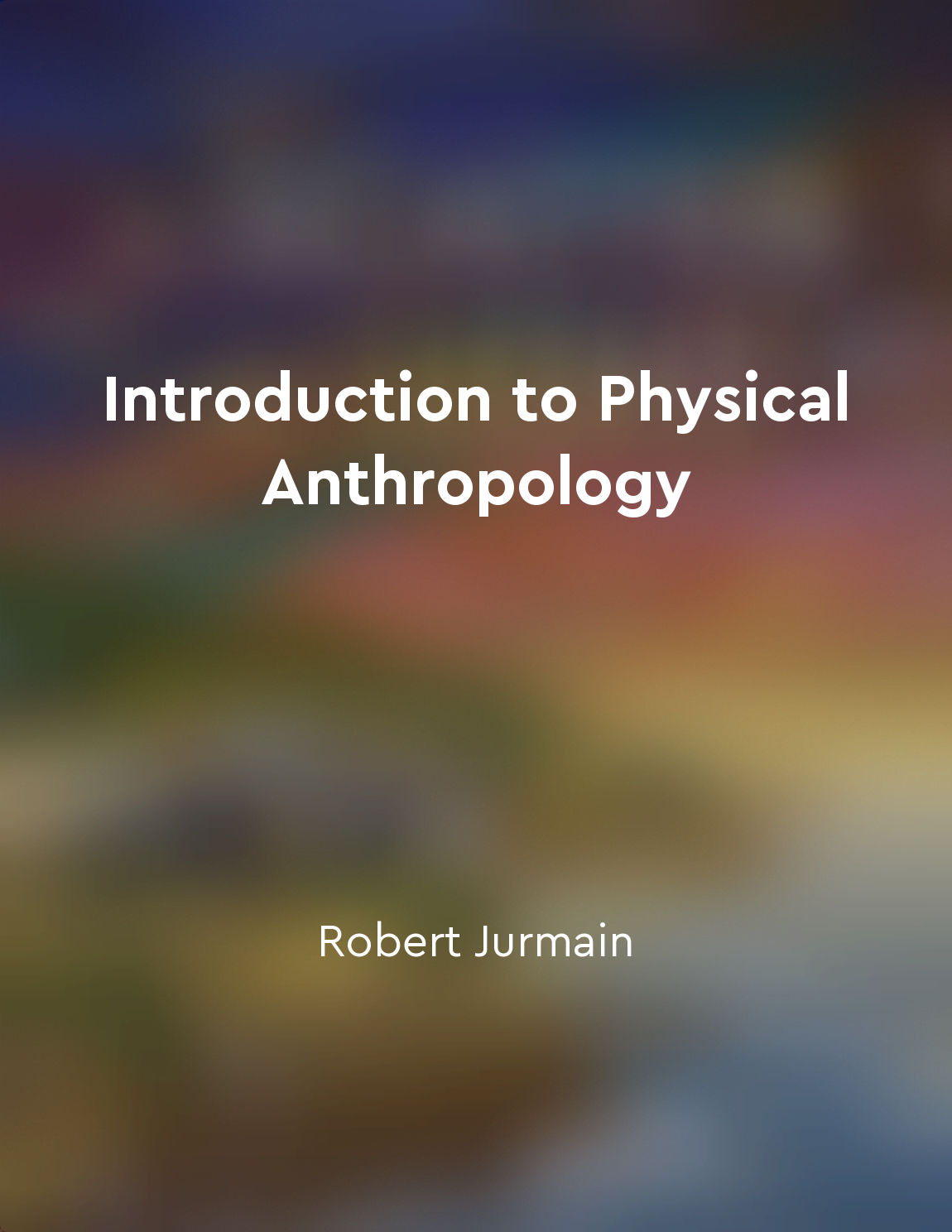Audio available in app
Mate selection is influenced by evolved psychological mechanisms from "summary" of Evolutionary Psychology by David M. Buss
Mate selection is influenced by evolved psychological mechanisms that have been shaped by natural selection over thousands of generations. These mechanisms are designed to solve adaptive problems that our ancestors faced in the mating domain, such as choosing a mate who will enhance reproductive success. One key mechanism that influences mate selection is the preference for physical attractiveness. Evolutionary psychologists argue that physical attractiveness signals important information about an individual's genetic quality, health, and fertility. For example, features like clear skin, symmetrical faces, and a waist-to-hip ratio of about 0.7 are universally considered attractive because they are indicators of good health and fertility. Another evolved psychological mechanism that shapes mate selection is the preference for resources and status. Women, in particular, are thought to have evolved a preference for mates who can provide resources and protection for themselves and their offspring. Men, on the other hand, are thought to value youth and fertility in potential mates because these traits are associated with reproductive success. Evolutionary psychologists also argue that mate selection is influenced by mechanisms that detect cues of genetic relatedness. This is because mating with close genetic relatives can increase the risk of genetic disorders in offspring. As a result, individuals are thought to be attracted to mates who are genetically dissimilar, as this increases genetic diversity and reduces the risk of genetic abnormalities in offspring.- Mate selection is not a random process but rather one that is guided by evolved psychological mechanisms that have been shaped by natural selection. These mechanisms help individuals make adaptive choices that enhance reproductive success and increase the chances of passing on their genes to future generations. By understanding these evolved mechanisms, we can gain insights into the complex and often unconscious processes that underlie human mate selection.
Similar Posts

Cultural anthropology complements physical anthropology in understanding human societies
Cultural anthropology and physical anthropology are two distinct subfields within the broader discipline of anthropology. While...
Be attentive and considerate in your actions
In order to make anyone fall in love with you, it is crucial to pay close attention to your actions and be considerate of other...
The history of life is a complex and contingent process
The history of life unfolds as a tangled web of interconnected events, each contingent upon a multitude of factors coming toget...
Health is influenced by lifestyle choices and genetic factors
Health is a complex concept that is influenced by a combination of factors, including lifestyle choices and genetic predisposit...

The burden of proof lies with those making extraordinary claims
According to Richard Dawkins, when someone makes an extraordinary claim, it is their responsibility to provide evidence to supp...
The interaction between genes and the environment
In the grand scheme of life, there exists a delicate dance between our genetic makeup and the environment in which we find ours...
Men are attracted to youth and fertility
Men are biologically wired to be attracted to youth and fertility in women. This is because, from an evolutionary standpoint, m...
Attribution theory examines how individuals explain the causes of behavior
Attribution theory delves into the intricacies of how people make sense of the world around them, particularly in terms of unde...

Agricultural revolution led to changes in human mating patterns
The Agricultural Revolution was a game-changer for human societies. When our ancestors transitioned from a nomadic, hunter-gath...

The human mind has evolved to solve adaptive problems
The human mind is a product of millions of years of evolution, finely tuned to solve the adaptive problems faced by our ancesto...

